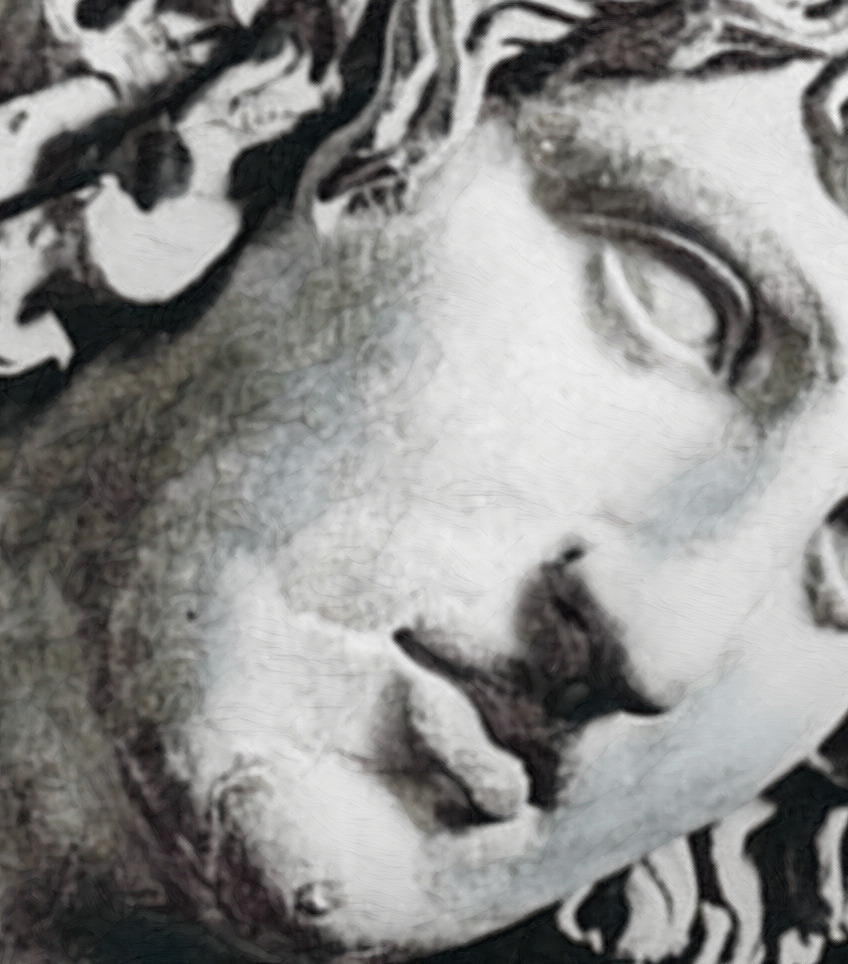
Virgil, the Greatest of Latin Authors.
The Latin language is a member of the great family commonly called Indo-Germanic, Indo-European. It is, therefore, closely allied to the Greek, Persian, German, Celtic, English, and many other tongues and dialects of Europe, and to all these its kindred is more or less clearly shown by identity of stems and similarity of structure.

Latin was primarily developed among the people who inhabited that part of western Italy which lies between the rivers Tiber and Liris; and though the city of Rome stamped her name on the political institutions of the empire, yet the standard tongue of Italy still continued to be called the Latin language, not the Roman. As the Roman conquests extended, Latin spread with equal strides over the conquered countries, and was generally used by the educated classes in the greater part of Italy, in France, Spain, Portugal, Germany, and other Roman provinces. But even in Italy itself, and in Latium, there seem to have been two forms of the language, differing very considerably from each other, one a polished dialect used in art and literature, and the other, the vulgar tongue spoken by the common people which would eventually give birth to the national languages of France, Italy and Spain.
Roman civilization produced some of the greatest works of literature. Authors such as Ovid, Cicero and Virgil continue to be read and admired almost two thousand years after the Fall of the Roman Empire. No other classical civilization, with the exception of Greece, has had as much impact on our modern literary tradition and thought.
Below is a small but growing selection of Latin authors, in translation and in their original Latin.